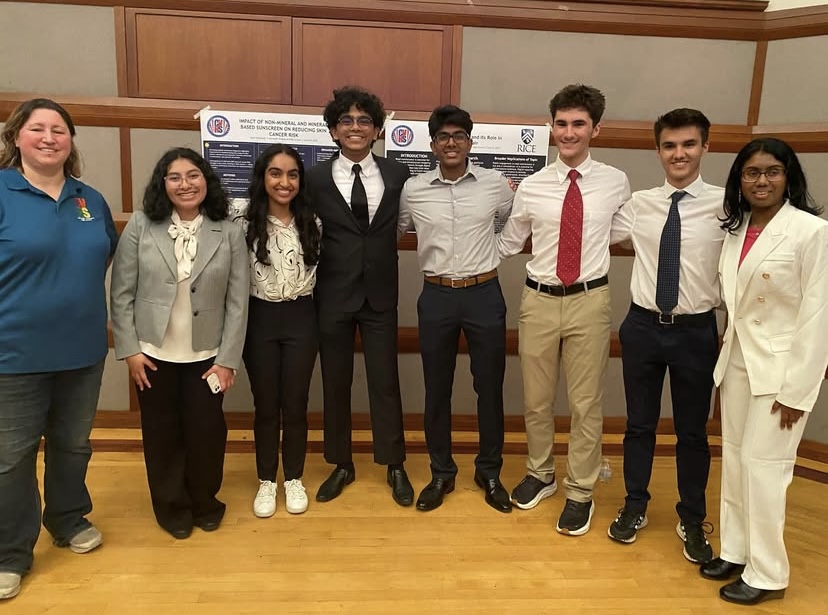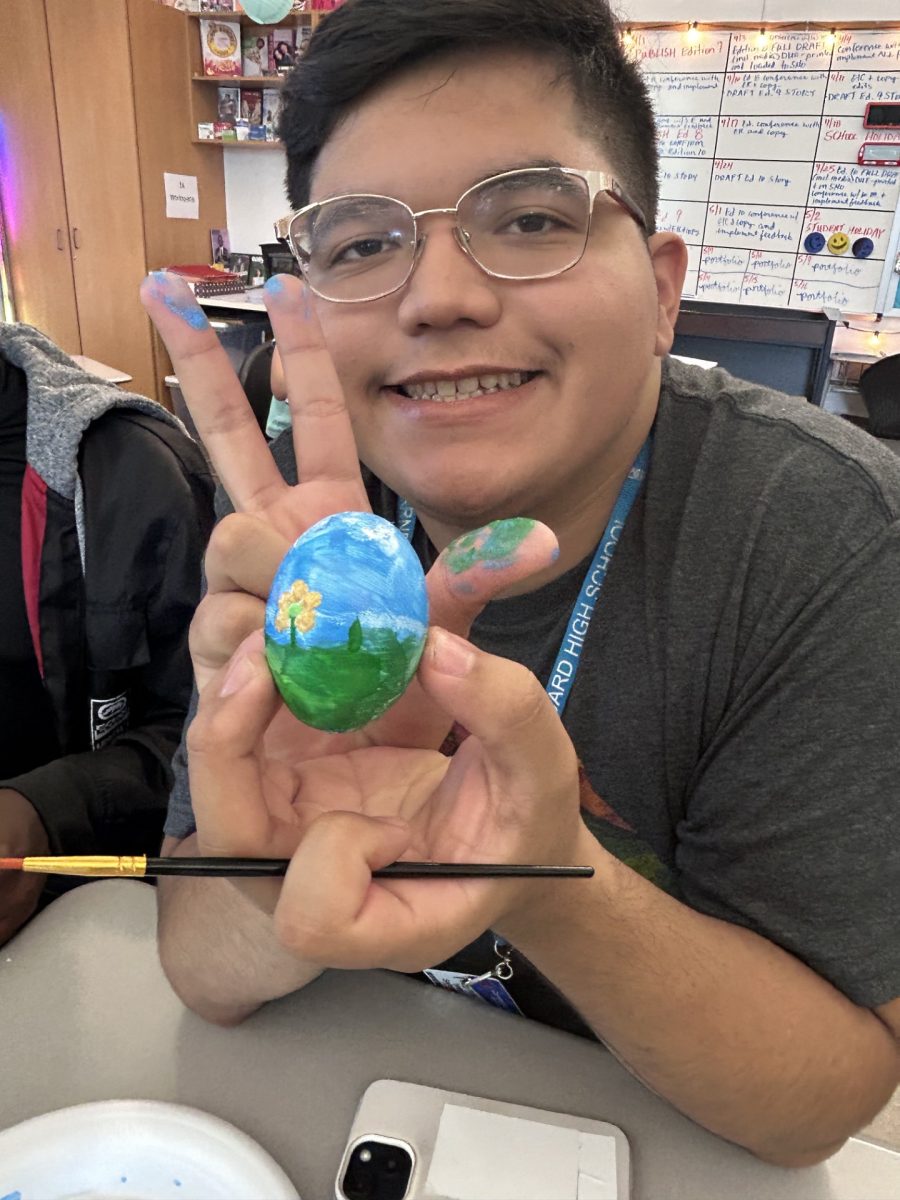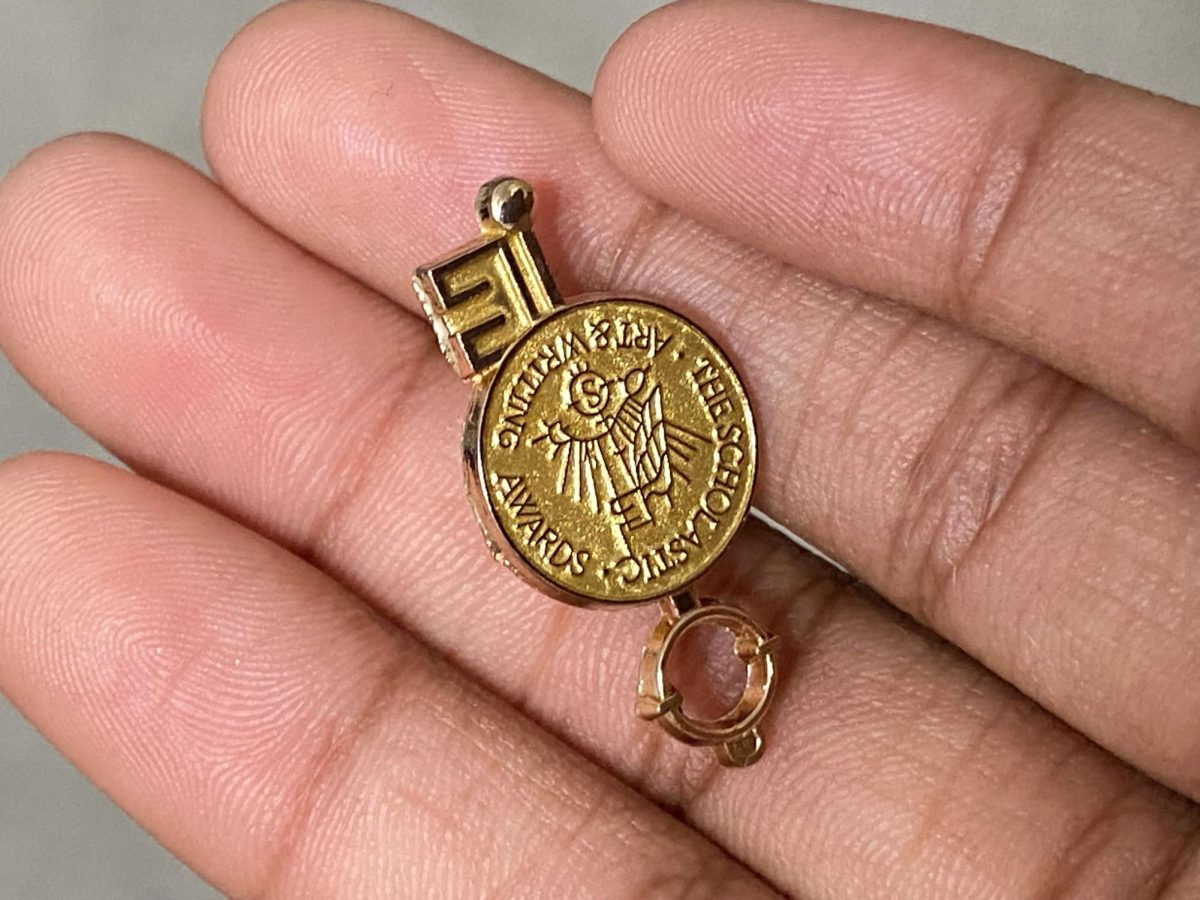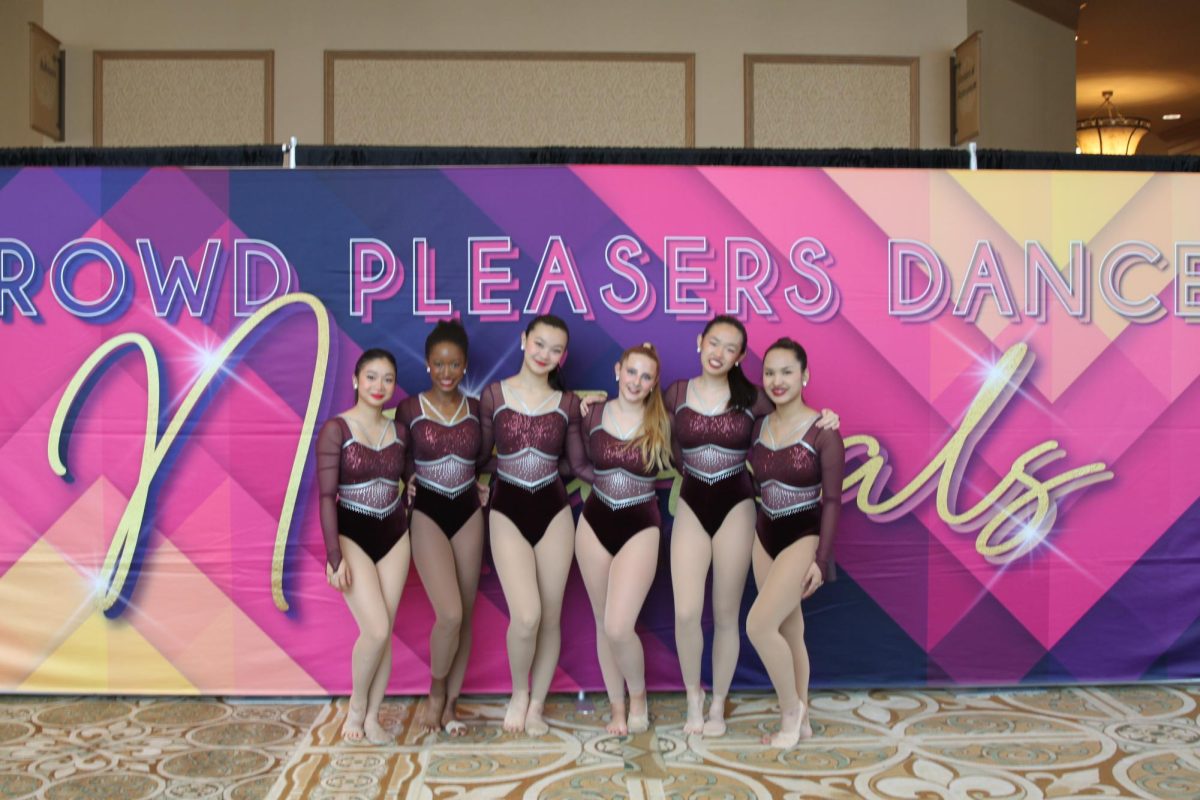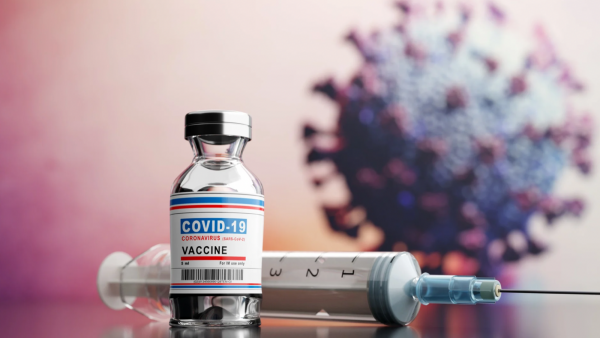
As we come into a proper Autumn, vaccines come with flu season. New vaccines came to Houston pharmacies and hospitals a month ago, defending against new strains recently identified earlier this year.
Most students today have had their lives touched significantly by COVID-19 in the past few years. The current senior class came into high school during the first year of the pandemic. At that point, in 2020, the Elementary and Secondary School Emergency Relief Fund gave money to schools nationwide for masks, wipes, and other items to combat COVID-19. However, according to Principal Moss, “that expenditure is coming to an end”.
HISD’s local requirements for COVID-19 precautions have loosened as well, according to an interview conducted with Mrs. Brannon-Reese, an English teacher at CVHS. Masks are no longer required, as they were at the beginning of the pandemic, and teachers don’t have to require students to wipe down desks. The health check which employees used to do daily stopped last academic year. Now, nothing at all is specifically mandatory for students or teachers.
But that’s not to say that HISD does nothing; “its protocols have lasted longer than most of the surrounding districts, and were a little bit more robust”, says Mrs. Brannon Reese. The air filters in many classrooms are there to purify air and attempt to catch viruses. HISD has also provided free flu vaccinations for all employees.
Vaccinations are especially important for Mrs. Brannon-Reese, who struggles with a chronic health condition that compromises her immune system, making it “really important” for her to be vaccinated. She caught COVID-19 in September, missing several days of school. She thinks she indirectly caught it from school; from her husband, who caught it from his students.
Even as we enter flu season, and with flu season will likely come a seasonal resurgence of COVID-19, fatigue is showing. Updates on the spread of COVID-19 aren’t on the morning breaking news anymore, as Mr. Moss’ experience can attest, meaning that anyone who wants to stay well-informed has to go looking for information on death tolls and disease. Information itself is sparser, as the CDC has taken down its wastewater tracker (the City of Houston itself still does ). Many people, including Brannon-Reese, have been less cautious as of late.
Earlier this year, new strains of the Omicron variant were isolated. The XBB family emerged in December of last year. By October, EG.5, nicknamed Eris, was the dominant strain in the US. Both of these are slightly more immune evasive than other strains, though no more severe than any other.
But there are still ways to act against COVID-19.Currently, the CDC recommends that anyone who hasn’t been vaccinated in the last two months gets the updated COVID-19 vaccine to protect themselves against any new surges. The updated mRNA vaccines to be used in 2023-2024 are based simply upon XBB.1.5, rather than upon multiple strains, making it a monovalent vaccine. The CDC expects that COVID-19 vaccines going forward will need to be updated yearly, as with flu vaccines. Vaccinations are available, with full FDA approval for people 12 years and older. It’s recommended that everyone 6 months and older get vaccinated.
As the COVID-19 Public Health Emergency officially ended on May 11, 2023 vaccines aren’t necessarily free anymore on the government’s dime. In addition, vaccines may be harder to find at retail pharmacies, given recent closures and last week’s Pharmageddon walkout by pharmacists at retail stores across the nation. Vaccines are expected to be free to the majority of people through Medicare or private health insurance, and for those uninsured, the CDC’s Bridge Access Program, which helps provide free COVID-19 vaccines to adults without insurance, launched on September 14, 2023. You can use vaccines.gov to find a vaccine site near you.


